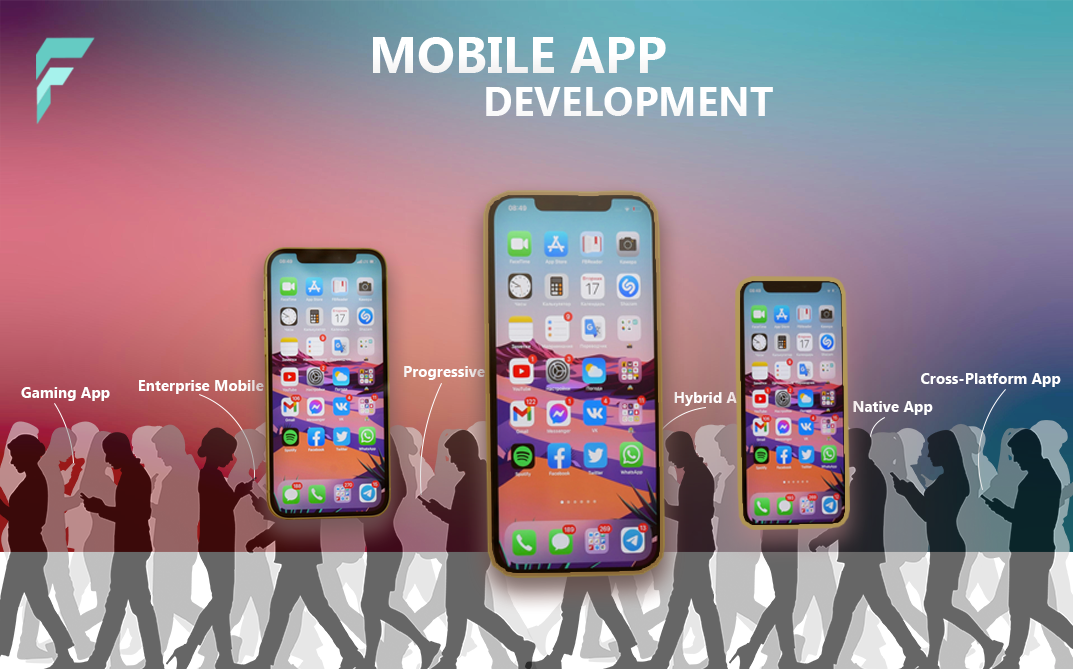Enterprise Mobile Apps
Explore enterprise mobile apps—learn about types, benefits, key features, challenges, and how to choose the right Mobile Enterprise Application Platform (MEAP).
Explore enterprise mobile apps—learn about types, benefits, key features, challenges, and how to choose the right Mobile Enterprise Application Platform (MEAP).
Enterprise Mobile Apps are specialized software solutions designed to streamline business operations on mobile devices, addressing specific challenges and meeting organizational needs efficiently
Enterprise mobile applications (EMAs) play a critical role in modern business operations by enhancing productivity, improving communication, and streamlining workflows. These applications help organizations manage their processes, employees, and customer interactions more efficiently. With mobile-first strategies gaining traction, enterprises are increasingly adopting mobile solutions to stay competitive.

Enterprise Mobile Apps can be categorized based on their functionality and target users. Some of the most common types include:
Enterprise mobile applications provide numerous benefits, including:
To maximize effectiveness, enterprise mobile applications should include the following features:
Despite the advantages, developing enterprise mobile applications comes with challenges, such as:
Selecting the right Mobile Enterprise Application Platform (MEAP) is crucial for developing scalable and secure enterprise applications. Follow these steps to choose the best MEAP for your business:
The future of enterprise mobile applications is shaped by emerging technologies, including:
Enterprise Mobile Apps are transforming how businesses operate, providing greater efficiency, security, and flexibility. By selecting the right MEAP and staying ahead of technological trends, organizations can maximize the benefits of enterpris

Choose F12 Technologies for industry-leading mobile app solutions designed to boost engagement, efficiency, and growth for your business.
We tailor our services to meet your specific requirements, ensuring innovative and impactful solutions that help you achieve your goals.
Contact Us